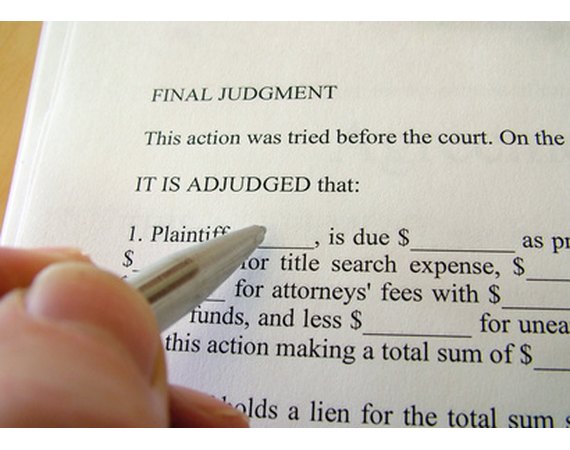
If you are thinking of consolidating your debt, you can go to a specialist company and pay them money to do it for you. Or you can go straight to the bank and get a loan directly from them. A debt consolidation loan is not very different from other types of loans you can get at your bank.
Debt Consolidation
When consolidating debt, you take out a single low-interest loan and use that money to pay off many small, high-interest loans, including personal loans and credit cards. It can save you money in the long run and get you out of debt sooner. It can also make your debt easier to manage.
Benefits
Debt consolidation can be an elegant solution to a messy debt problem. If you are the sort of person who forgets the due dates for your bills, a single loan could be easier for you to manage than many different bills. You can use it to improve your credit score by making all the payments on time. Some people find themselves in debt suddenly. You may have lots of high-interest debt and a high credit score at the same time. Consolidating the debt into a single low-interest loan can save your credit score.
Drawbacks
Debt consolidation can cost more money than it saves. Unless you have a good credit history, you may not qualify for a loan with a low interest rate. A high-interest loan will not save you any money. In addition to the interest, there are fees. You pay fees to the lender and to the debt consolidation company. If you want to pay off the debt sooner, there may also be a fee for that. For many people, debt consolidation results in more debt than when they started. It will do nothing to stop you from overspending, which is how most people get into debt in the first place.
Doing It Yourself
Most people choose to go through a specialist company when consolidating debt. These companies do not loan money. Instead, they match up lenders and borrowers. As with all middlemen, they charge for their services. Even nonprofit debt consolidation companies have to pay the salaries of their staff. Either they charge the borrowers directly, or they charge lenders, who pass the fees onto the borrowers. When you are deep in debt, the last thing you want to do is waste money on a middleman. You can consolidate the debt yourself by applying for a loan directly with the bank. If your credit history is good enough to get you a good deal on the loan, you should have no problem going without the middleman. If not, then debt consolidation probably is not the best option for you.































